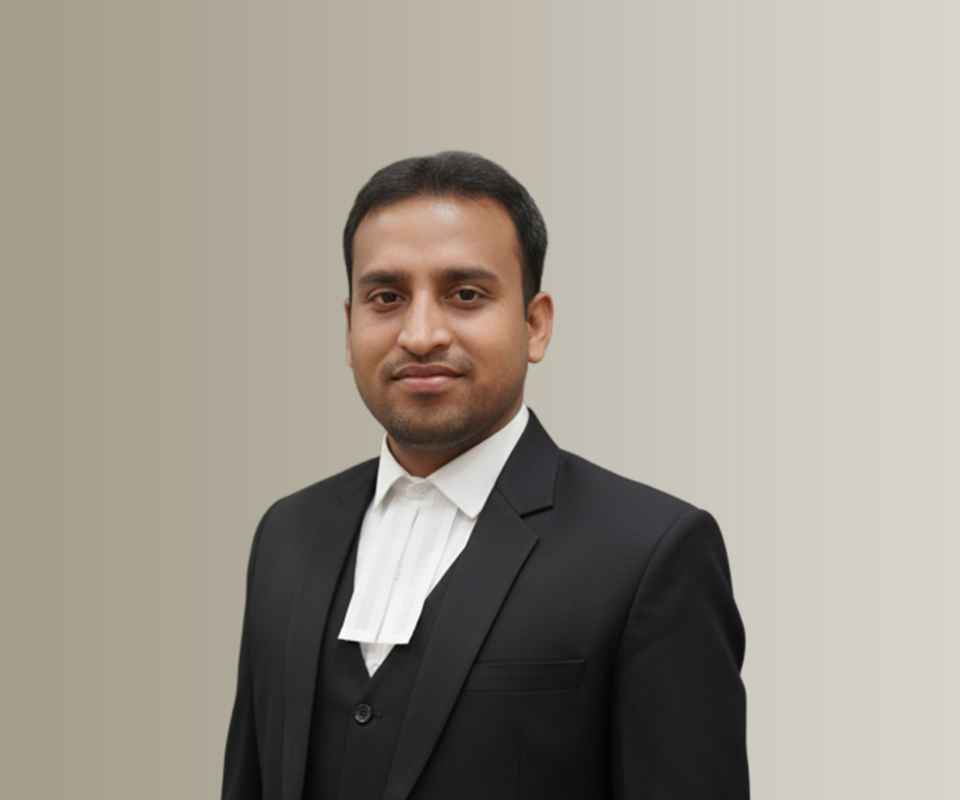Answer By law4u team
In most legal systems, parents are not held criminally responsible for the criminal actions of their children, particularly if the child is a minor. However, there are circumstances in which parents can be held liable for their child’s actions, either directly or indirectly, depending on the child’s age, the severity of the crime, and the level of parental negligence or involvement.
1. Criminal Responsibility of Children
In many jurisdictions, children below a certain age (often under 18) are not held fully accountable for criminal acts in the same way that adults are. This is because they are considered to lack the maturity and judgment necessary to understand the full consequences of their actions.
The juvenile justice system typically handles cases involving minors, where the focus is often on rehabilitation rather than punishment.
2. Parental Responsibility for Juvenile Delinquency
Negligence or Failure to Supervise: In certain cases, parents can be held liable if their lack of supervision or negligence contributed to their child's criminal behavior. For example, if parents knowingly allow a child to engage in illegal activities (such as theft, drug use, or truancy), they may face legal consequences for neglecting their parental duties.
Civil Liability: While parents are not typically criminally charged for their child’s actions, they may be held civilly liable for damages caused by their child’s criminal conduct. This could include property damage, injury to others, or financial losses resulting from the child’s actions. Parents may be required to pay for restitution or compensation if their child is found guilty of causing harm.
Parental Supervision Laws: Some jurisdictions have laws that hold parents accountable if they fail to supervise their children adequately, especially if the child engages in criminal activity due to the lack of parental involvement. In some cases, parents can be fined or required to participate in parenting classes or counseling.
3. Criminal Liability for Parents
Criminal Charges for Abuse or Neglect: Parents can be criminally liable for their child’s actions if they are found to be directly responsible for the child’s behavior. This can happen if parents encourage or coerce the child into committing a crime, or if they neglect the child to the extent that it leads to criminal activity (such as leaving a child unsupervised in an environment where illegal activities are occurring).
Child Abuse: If a child is forced or manipulated into committing crimes due to abuse or coercion by their parents, the parents themselves can face criminal charges for child abuse or neglect.
Contributing to a Minor’s Delinquency: In some jurisdictions, parents can face criminal charges for contributing to the delinquency of a minor. This applies when a parent knowingly allows their child to engage in illegal activities or fails to take reasonable steps to prevent such behavior. Examples include allowing underage drinking, drug use, or gang involvement.
4. Legal Defenses for Parents
Lack of Knowledge: In some cases, parents may be able to defend themselves against liability by showing that they were not aware of their child’s criminal actions. If a parent can prove that they made reasonable efforts to supervise their child and did not encourage or enable the criminal behavior, they may avoid liability.
Parental Rights vs. Juvenile Autonomy: As children grow older, they gain more autonomy, and it may become more difficult for parents to prevent all criminal actions. Courts typically acknowledge that parents cannot control every aspect of their teenager's behavior, especially if the child is old enough to make their own decisions.
5. Examples of Parental Liability in Criminal Cases:
Example 1: Civil Liability for Vandalism: If a child vandalizes a neighbor's property and the parents were negligent in preventing it (for example, by leaving their teenager unsupervised for long periods or encouraging rebellious behavior), the parents could be required to pay restitution to the victim.
Example 2: Criminal Liability for Child Abuse: If parents encourage or force their child to commit crimes (such as shoplifting or drug trafficking), they could be charged with child abuse or contributing to the delinquency of a minor, and face criminal penalties.
Example 3: Failure to Supervise: If a parent knowingly allows their child to go out at night unsupervised and the child ends up committing a crime (such as being involved in a robbery or assault), the parents may face civil liability for failing to supervise their child properly.
6. Legal Actions Parents Can Take to Prevent Criminal Behavior
Intervention Programs: Parents can seek professional help, such as enrolling their child in juvenile intervention programs, therapy, or counseling, to address any behavioral issues before they escalate into criminal behavior.
Juvenile Court Involvement: If a child’s criminal behavior is serious, parents may consider seeking a juvenile court order for rehabilitation or intervention programs to help the child address the underlying issues causing the behavior.
Seeking Custody or Guardianship: If parents believe their child is at risk due to a dangerous environment or poor influences, they may seek legal intervention, such as changing custody arrangements or involving family services to ensure the child’s well-being.
7. Parental Responsibility in the Context of Juvenile Justice
Parental Involvement in Court: In many cases, parents will be required to be involved in court proceedings when their child is facing criminal charges. Courts may order parents to participate in parenting education classes, family counseling, or provide guidance on how to improve supervision and prevent future criminal behavior.
Rehabilitation Focus: The juvenile justice system often focuses on rehabilitation and correctional programs rather than punishment. Parents may be encouraged to work with their child’s caseworkers, counselors, and therapists to address any underlying issues contributing to the criminal behavior.
Conclusion:
While parents are not typically held criminally responsible for their child’s actions, they can face legal consequences in certain situations, particularly if their negligence, failure to supervise, or direct involvement in the child’s criminal conduct is proven. Parental civil liability can arise if a child causes harm to others, and parents may be required to pay restitution. Additionally, parents who fail to supervise their children or encourage criminal behavior may face criminal charges such as contributing to juvenile delinquency. In many cases, the juvenile justice system focuses on rehabilitation rather than punishment, with parents being encouraged to participate in programs that help address the child's behavior. Parents should take steps to prevent criminal activity by maintaining close supervision, seeking counseling, and intervening early if necessary.







